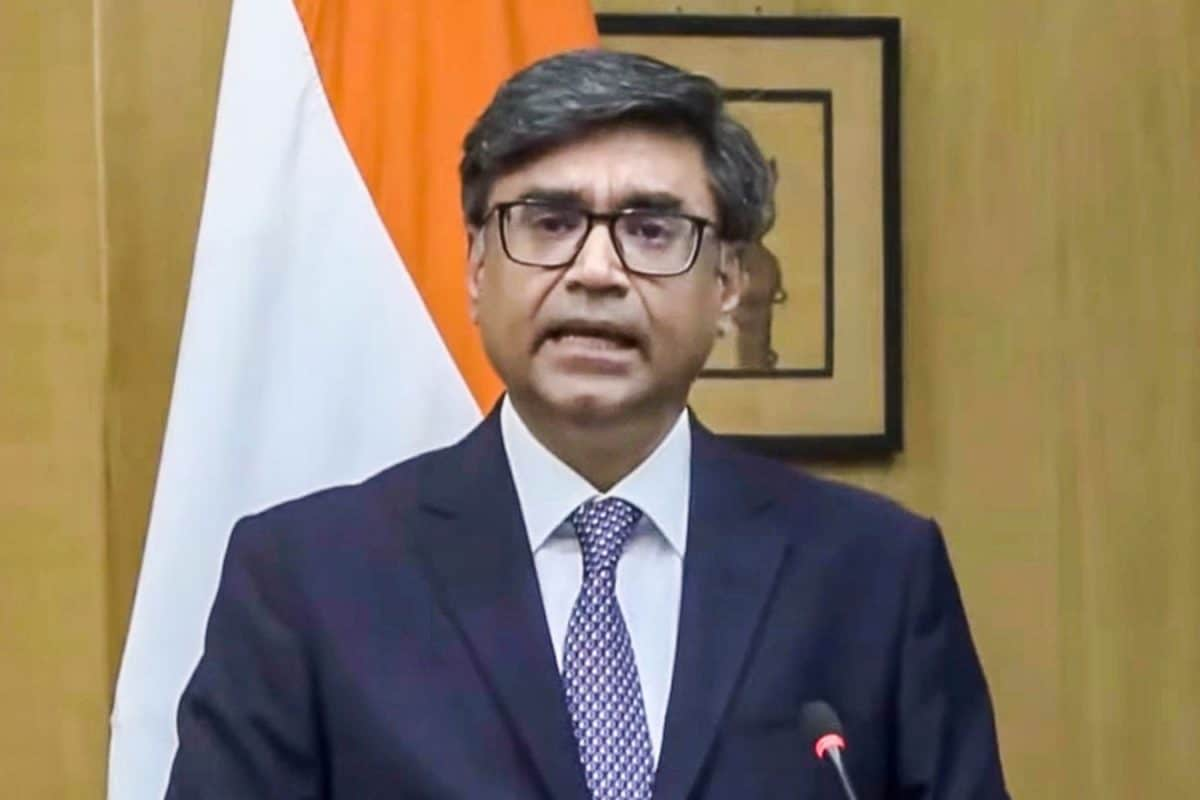

Following the recent "Operation Sindoor" by India, the focus has turned to the possibility of UN sanctions against Pakistan's The Resistance Force (TRF), a known front for Lashkar-e-Taiba (LeT). This comes in the wake of the April 22 terror attack in Jammu and Kashmir's Pahalgam, where 26 people were killed, an attack claimed by TRF.
The Push for Sanctions
India has been actively building a case against TRF and its links to Pakistan-based terror groups. Foreign Secretary Vikram Misri highlighted that India had provided inputs to the UN's 1267 Sanctions Committee in May and November 2024, detailing TRF's role as a cover for these organizations. India had also informed the committee in December 2023 about LeT and Jaish-e-Mohammed (JeM) operating through smaller groups like TRF.
Misri pointed out Pakistan's attempts to remove references to TRF from a UN Security Council press statement following the Pahalgam attack. He stated investigations into the attack revealed communication nodes of terrorists extending "in and to Pakistan". The fact that LeT social media handles reposted TRF's claims of responsibility further solidified the connection.
What UN Sanctions Entail
The 1267 Sanctions Committee of the Security Council oversees the implementation of UN sanctions against individuals and entities associated with Al-Qaeda, ISIL, or the Taliban. These sanctions typically include:
If TRF is sanctioned by the UN, it would place significant restrictions on the group's operations and potentially limit its ability to raise funds, recruit members, and carry out attacks. It would also put pressure on Pakistan to take action against the group.
Operation Sindoor and its Implications
India's "Operation Sindoor," which targeted terrorist infrastructure in Pakistan and Pakistan-occupied Kashmir, was a direct response to the Pahalgam attack and intelligence reports suggesting further attacks were planned. Misri stated the operation was "non-escalatory, proportionate, and responsible," focused on dismantling terrorist infrastructure and disabling terrorists.
The operation targeted camps of LeT, JeM and Hizbul Mujahideen. India has informed the international community that the strikes were in line with the UNSC statement that underlined the need to bring the perpetrators and backers of the Pahalgam attack to justice and deter future attacks.
Challenges and Obstacles
Securing UN sanctions is not without its challenges. China, a permanent member of the UNSC, has previously supported Pakistan in diluting resolutions and press statements related to terrorist groups operating from its soil. Overcoming such political hurdles will be crucial for India's efforts to designate TRF as a sanctioned entity.
India's Stance
India has made it clear that it will take all necessary steps to combat terrorism emanating from Pakistan. Misri emphasized that Pakistan had not taken any "demonstrable step" to act against terrorist infrastructure on its territory, leading India to launch "Operation Sindoor". He asserted India's right to respond, pre-empt, and deter cross-border attacks.
The success of India's push for UN sanctions on TRF remains to be seen. However, India is actively pursuing diplomatic and strategic avenues to hold Pakistan accountable for its support of terrorist groups and to prevent future attacks.